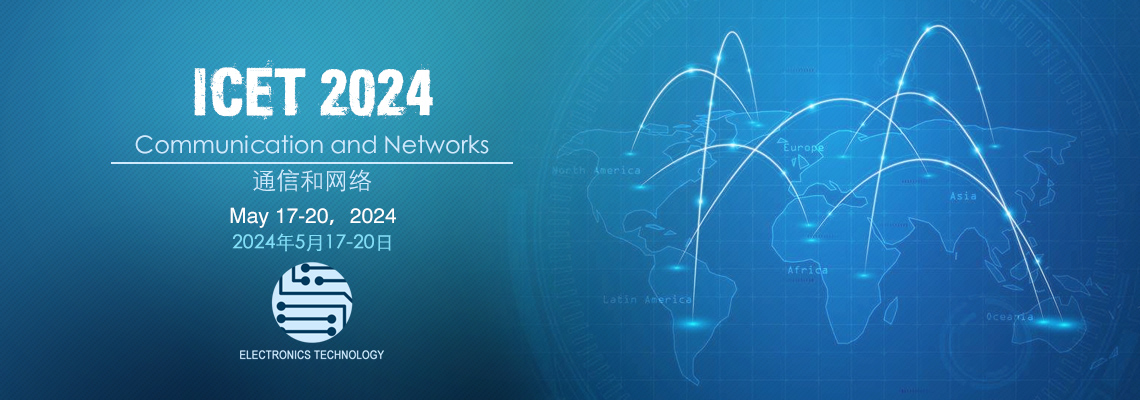Smart Grid / 智能电网
The Smart Grid Track offers participants from the academia, electric utilities and industry to discuss the cutting-edge innovations in the smart grid and associated technical developments to transform the existing grid into a smart grid including an increasing number of distributed energy resources and storage facilities.
It will also address current topical issues arising from the operation and control of smart grids, such as smart management systems, grid integration of renewable energy resources, power system stability, demand response and management, energy efficiency, storage devices, smart metering, information technologies (IT), signal processing, intelligent control, among others.
ICET 2020/SG will take place at Chengdu, China, from May 8-11, 2020. This key electronics event should be a "must attend" on your conference calendar.
Call for Papers Timeline / 征稿时间
- Paper Submission Deadline:
February 29th, 2020final call March 20th, 2020
全文截稿时间:2020年02月29日延期至2020年03月20日
- Notification of Acceptance: April 05th, 2020
录用通知时间:2020年04月05日
ICET 2020/ Smart Grid Chair
- Prof. Danny Sutanto, University of Wollongong, Australia
